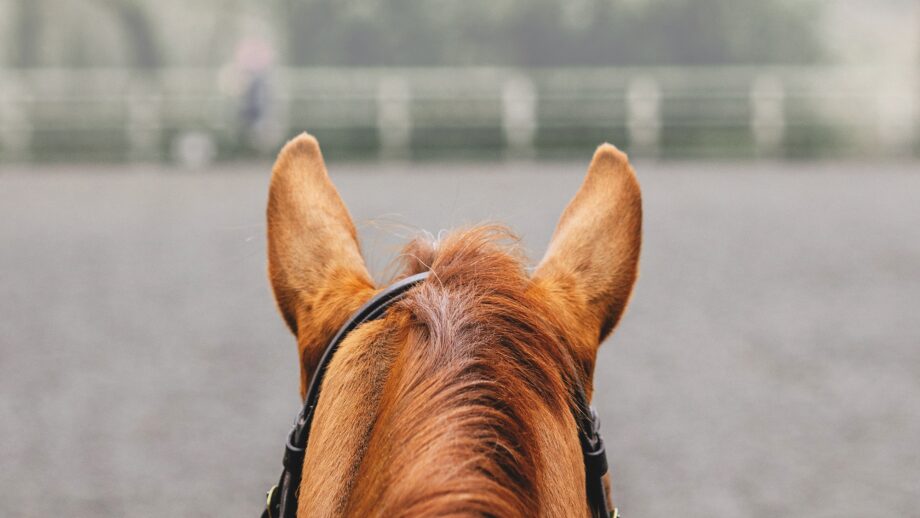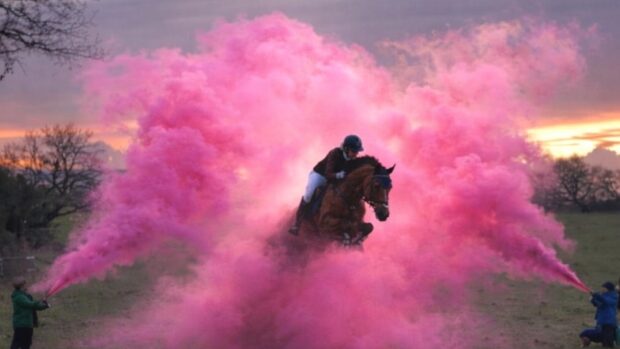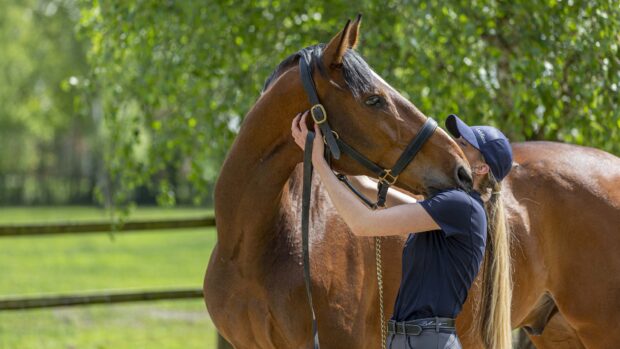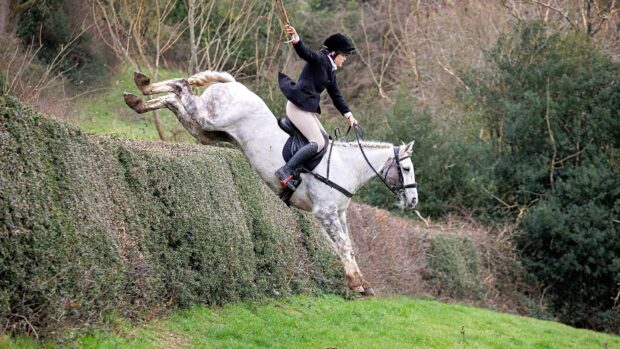Truly putting ourselves in horses’ shoes and trying to understand the world as they do is a simple concept in theory – but could have a huge impact.
This is the message of the 2025 World Horse Welfare conference on 21 November, the theme of which is “Through the horse’s eyes”.
There has been a shift in thinking about equine welfare, from just minimising negative welfare experiences to ensuring horses have a life well lived – from their perspective rather than ours.
“We all like to think we give our horses what they need to have a good life, but how much do we truly consider how they experience the lives we create for them?” the conference preview states. “While we can never truly know what a horse thinks or feels, mounting evidence is painting a sometimes surprising picture that is challenging many of our beliefs about what good horse care looks like.”
World Horse Welfare CEO Roly Owers told H&H why the charity had chosen this theme.
“Everyone is talking about this broader perspective on welfare, yet part of our rationale is that it’s still not really landing,” he said. “People are still very focused on health and physical welfare; health is one of the five domains and a really important one, but it’s only one of them.”
The five domains model for welfare assessment comprises health, nutrition, environment, behaviour and mental state, and Mr Owers said the first four feed into the “ultimate state” – how horses feel in themselves.
“What’s relevant to the horse is how it feels at any moment in any environment,” he said. “That’s one line of thought, the other is very much about the pitfalls of being anthropomorphic.”
Anthropomorphism
Mr Owers gave the example that it was due to turn colder this week, so people may rug their horses, because they themselves are cold, whereas many horses would be better off unrugged.
“Laminitis is another example, when people provide lots of care, but quite often it’s the wrong care because they’re not thinking about it through the horse’s eyes,” he said.
“That’s obviously a very challenging thing, because you’re challenging some fundamentally held principles. That’s some of the rationale for why we really wanted to try to start to unpick what we recognise is a really complicated thing. We only know what we think. We don’t know what horses think. But more evidence, more understanding is coming all the time.”
Speakers include Janne Winther Christensen, an associate professor in ethology, the study of animals’ behaviour in their natural environment, at Aarhus University, Denmark. She has researched horse behaviour, behavioural needs and stress biology, and how human-animal interactions affect behaviour and welfare of both parties.
Top eventer Pippa Funnell will cover how her perspective on riding and training has evolved to consider it through the horse’s eyes and Sam Tibbetts, founder of equine nursing facility Loddington Coppice Equine Healthcare, how she has designed her yard in a horse-centric way. Guests will also hear from Cheyenne Mountain Zoo director of animal care Rick Hester and a panel discussion featuring experts including H&H editor-in-chief Sarah Jenkins.
“I think that in too many conversations, the point doesn’t land,” World Horse Welfare director of communications and public affairs Jessica Stark told H&H.
“A lot of people still look at it in terms of protecting health and safety of animals, but by trying to get people to see things through the horse’s eyes – what are they experiencing, how are they being affected by the environments we put them in, what we do and don’t allow them to do and how we engage with them – we can start to think more about how we can provide better lives for them.”
Small changes
Mr Owers said it may seem like a huge task but starting to shift our view is key. Simple starters could include watching stabled horses on camera to observe their behaviour.
“It’s not just horsemanship and listening to our horses and responding to them, it’s actually trying to get inside their minds, to look at the world the way they see it,” he said. “That’s a really complicated thing to do, a culture change in some ways, but what we’re really excited about is that this could help.
“We can each do our own thing to explore this more in our relationship with our horses, informing ourselves by the latest scientific understanding. There are lots of incremental changes we can all do daily, and we’ve got to be better at listening to our horses; their behaviour and manner are the conversations they’re having with us.
“There’s a really exciting message, about how it can almost open up a whole new aspect and dimension to our relationship with our horses. We only learn by listening, and that’s what this is all about.”
Register to watch the conference online
- To stay up to date with all the breaking news from major shows throughout 2025, subscribe to the Horse & Hound website
You may also be interested in:

New research on equine facial expressions a ‘game-changer for anyone working with horses’

‘A good life for horses’: why equestrian sport’s future rests on all our shoulders, and what are the next steps

Mutual respect and good equine citizens: giving horses the best start in life
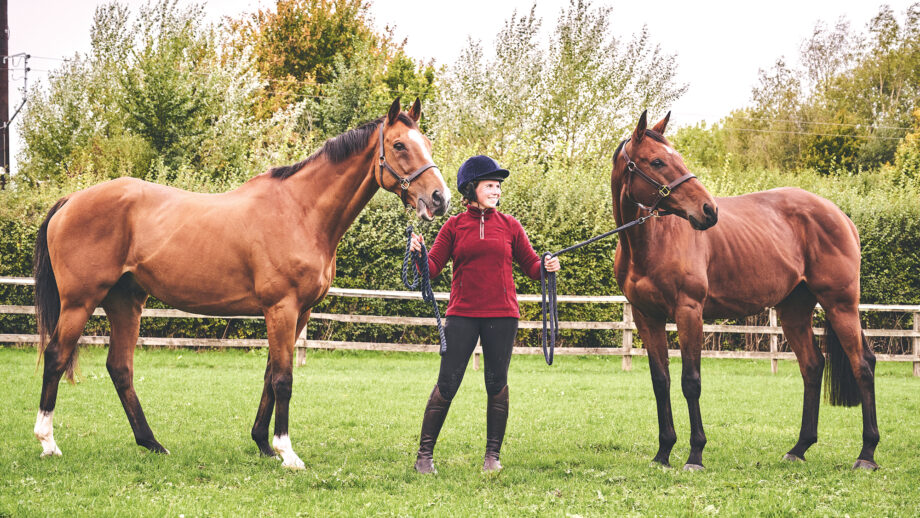
How to manage former racehorses: ‘living out has been a game-changer’ and other top tips

Subscribe to Horse & Hound magazine today – and enjoy unlimited website access all year round

